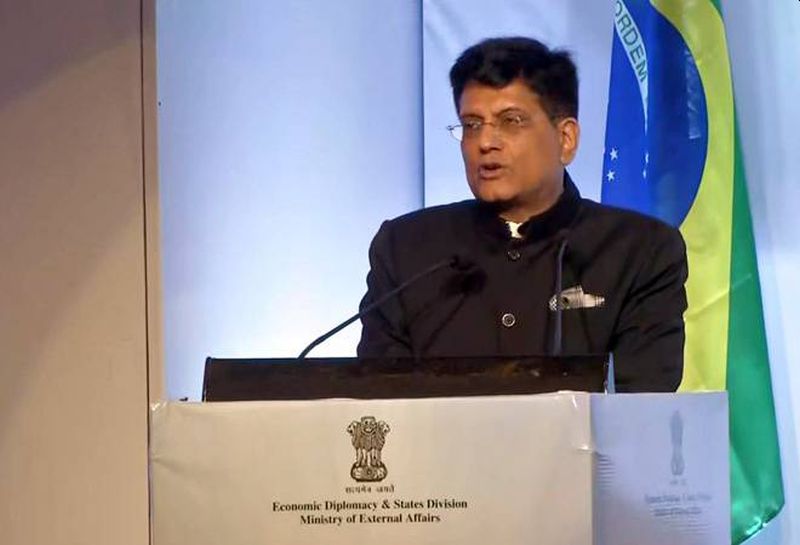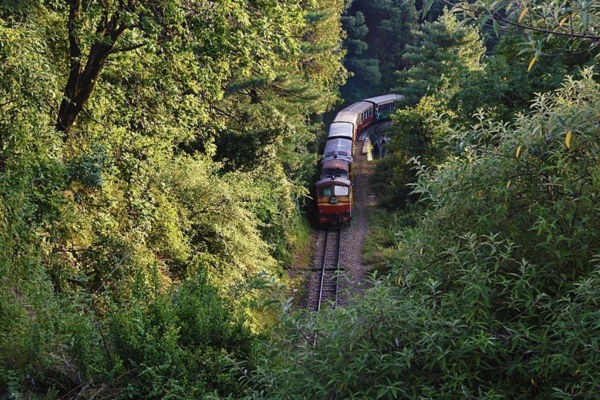Indian Railways To Go Completely Electric By 2024, Achieve Zero Emissions by 2030
Union Commerce and Industry Minister Piyush Goyal has said that Indian Railways plans to go completely electric by 2024 and make it a “net-zero emission network” by the year 2030. The target for 100 percent electrification of railways was revealed at the India-Brazil Business Forum held in Delhi from January 26 to 27.

Piyush Goyal at India-Brazil Business Forum / Image: Business Today
The forum was organised during Brazilian President Jair Bolsonaro’s official India visit. Besides Goyal, Bolsonaro and several other Indian ministers addressed the event as well.
According to Goyal, the rapid electrification of the entire Indian Railways requires to cover about 1,25,000 km of track length and nearly 67,000 km of route length.
Also Read: Indian Railways Organises Renewable Energy Investors’ Meet
The ambition does not stop there. India has set a target to make the entire railway a net-zero emission network. Goyal said that Indian Railways will run on clean energy and clean power.
India would be the first country in the world to run a railway network of such a size and scale on electricity. A potential partnership could be forged between India and Brazil to develop the rail infrastructure required to reach the set goal.
According to the NITI Aayog data, carbon dioxide emission from the Indian Railways was around 6.84 million tons in 2014. Amidst the global crisis of rapid climate change, the ministry has been working to curb the carbon emission.
In order to achieve this ambitious goal, the ministry has been phasing out the old coal plants for some time now, which is a helpful step towards reducing the pollution.
The country has the fourth largest railway network in the world after the US, Russia and China. The government data reveals that it is spread across over 67,000 km with about 7,300 stations. It runs about 13,000 passenger trains and over 23 million passengers travel through them every day.
Via: NDTV


